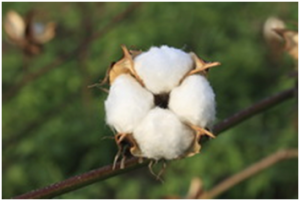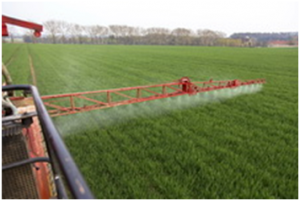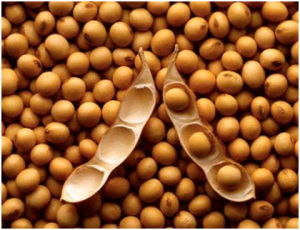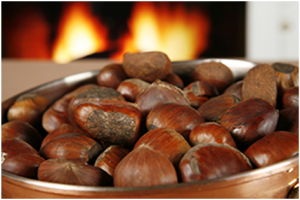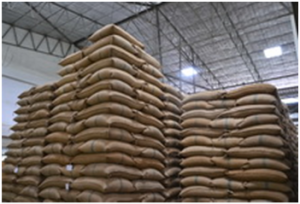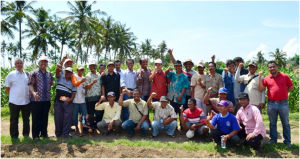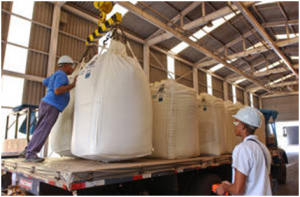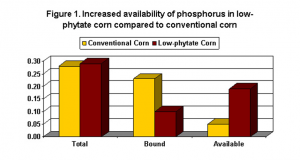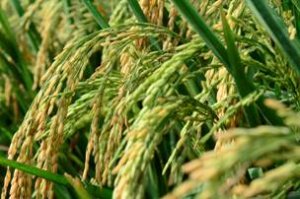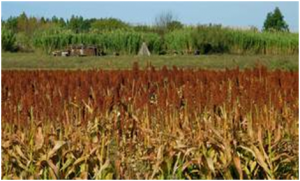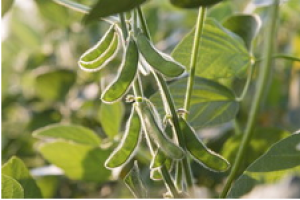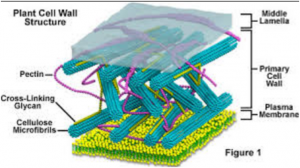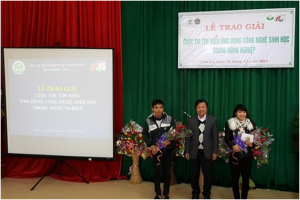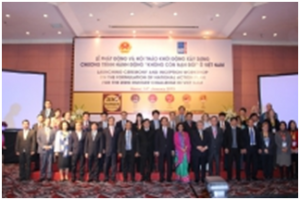|
Study Accounts Potentials and Impacts of Plant-based Meat Alternatives
Friday, 2023/02/17 | 08:42:24
|
|
Researchers from Italy and The Netherlands highlighted the opportunities, challenges, and research gaps related to the production and consumption of plant-based meat alternative (PBMA) products. Their insights may pave the way for a collaboration of different stakeholders to aid the transition from conventional diet to sustainable plant-based diets.
Over the last several years, PBMAs have been developed and launched globally on the market. They are gaining increased attention in recent years as a means to help reduce meat consumption levels to help alleviate the detrimental impacts of the food system on the environment while improving human and animal welfares. They provide opportunities such as breaking consumer barriers that can lead to the first approach of reducing meat consumption. Developing PBMAs can also maximize the creation and utilization of innovative technologies and novel ingredients to make products with sensory attributes that can attract non-vegetarian consumers.
However, the study also pointed out that many PBMAs are highly complex products in terms of ingredients/formulations and require technological investments. One of the most mentioned challenges of developing PBMAs is preserving the shape of the food while dealing the high risk of crumbling. In relation, PBMAs also have a long list of unfamiliar ingredients used to imitate meat sensory properties causing their nutritional values to greatly differ from actual meats. Hence, PBMAs cannot be considered a nutritional replacement for animal meat. Labeling is also another challenge for PBMAs as the matter is still under debate in some countries.
In terms of future prospects, researchers recommended to investigate whether and how sensory appeal will be a barrier for the second generation of PBMAs among consumers. Further studies on monitoring the quality of new plant-based meat products on the market and the impact of their substitution on human health were also suggested.
As for consumer relations, adequate nutritional education programs to improve their knowledge and awareness about the differences between animal- and plant-based produces were deemed important. The outcome of the labeling debate will also likely impact consumer preferences based on previous experience that vegan labeling negatively affected consumers' perceptions of tastiness, healthiness, and willingness to buy plant-based meatballs.
More details can be found in Nutrients. https://www.isaaa.org/kc/cropbiotechupdate/article/default.asp?ID=20049
|
|
|
|
[ Other News ]___________________________________________________
|


 Curently online :
Curently online :
 Total visitors :
Total visitors :



